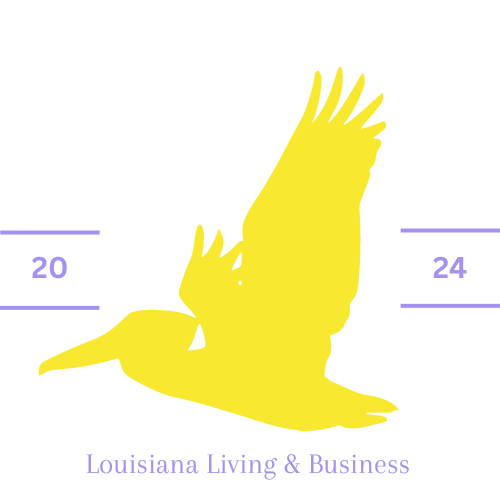The French Roots of America’s Most Unique State
Published by: Louisiana Living and Business
Who Founded Louisiana? The Story Behind Its Bold French Beginnings
Louisiana is a state unlike any other in America—blending French, Spanish, African, and Native American influences into one of the most culturally rich regions in the world. But who founded Louisiana, and how did this vibrant place come to be? Let’s take a journey back in time to discover the origins of Louisiana and the man whose vision gave it its name.
The Founder: René-Robert Cavelier, Sieur de La Salle
Louisiana was founded by René-Robert Cavelier, Sieur de La Salle, a French explorer and fur trader. In 1682, La Salle sailed down the Mississippi River and claimed the entire Mississippi Valley region for France. He named the vast territory “La Louisiane” in honor of King Louis XIV of France.
This bold claim stretched from the Great Lakes all the way down to the Gulf of Mexico, encompassing much of what we now consider the central United States.
Why Did France Want Louisiana?
In the late 1600s, European powers were racing to control the New World. France, England, and Spain were all staking land claims, building colonies, and forming trade routes. For France, controlling the Mississippi River was strategic—it allowed access to rich trade networks, especially in fur and agricultural products.
By founding Louisiana, La Salle helped establish France’s presence in North America and strengthened their claim against other colonial powers.
The First French Settlements
While La Salle claimed the land in 1682, permanent settlement came a bit later. The first significant settlement in Louisiana was Fort Maurepas (present-day Ocean Springs, Mississippi), established in 1699 by Pierre Le Moyne d’Iberville, another French explorer. His brother, Jean-Baptiste Le Moyne de Bienville, would go on to found New Orleans in 1718, which became the crown jewel of French Louisiana.
Life in Early Louisiana
Early French settlers in Louisiana included soldiers, fur traders, farmers, and enslaved Africans. They built homes along the rivers, developed trade with local Native American tribes, and adapted to the heat and landscape of the swamps and bayous.
French culture quickly took root—evident today in Louisiana’s language, architecture, religion, and culinary traditions.
From French to Spanish and Back Again
Though founded by the French, Louisiana’s colonial history is complex. In 1762, France ceded the territory to Spain in a secret treaty. Spain controlled Louisiana for nearly 40 years before returning it to France in 1800. Just three years later, France sold the land to the United States in the Louisiana Purchase of 1803, doubling the size of the young nation.
Why Louisiana’s Founding Still Matters Today
Understanding who founded Louisiana gives us more than just a name—it reveals how this region became a cultural crossroads. From its French roots to its African, Spanish, and Native influences, Louisiana was born out of exploration, ambition, and resilience.
La Salle’s claim on the Mississippi didn’t just establish a territory—it laid the foundation for one of America’s most unique identities.

